Greg Barila: Premier Jay Weatherill needs to stop outsourcing decision-making to unelected focus groups
PREMIER Jay Weatherill needs to stop outsourcing decision-making to unelected focus groups, writes Greg Barila.
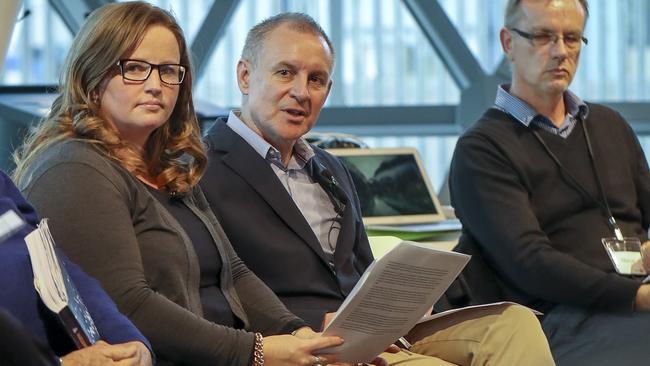
Opinion
Don't miss out on the headlines from Opinion. Followed categories will be added to My News.
- Citizens’ jury refjects nuclear waste dump plan
- What should happen next? Take our survey and have your say
- ANALYSIS: Verdict leaves Government’s grand plan in tatters
- Citizens’ jury releases first report into nuclear waste dump
- Finland waste storage site would share technology with SA
- Should we spend $600m just for a nuclear waste plan?
JAY Weatherill’s “debate and decide” model of collaborative governance has been a spectacular failure. It seems the only one who doesn’t know it is him.
The Premier has been determined to make his Government look hip and progressive while at the same time contracting out the core business of government — to make difficult, potentially unpopular decisions — to unelected focus groups.
The centrepiece of the policy, citizens’ juries, were meant to make ordinary South Australians feel as if they actually have some power over the future direction of their state.
The strategy worked fine when such a jury, asked to address the increasing tension between motorists and cyclists, returned a series of fairly benign reforms the Government was able to push through Parliament with a minimum of fuss and next-to-no political risk.
It looked like a win for collaborative democracy.
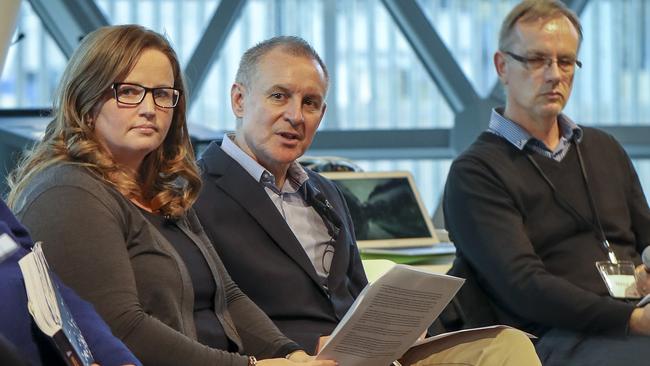
But the victory soon unravelled after pedestrians were skittled like nine pins when cyclists began legally riding on footpaths and councils were forced to patch over the damage by writing new by-laws to regulate the practice in their own jurisdictions.
This week’s nuclear waste dump fiasco is the clearest example that the model is broken, even if the Premier points to the jury’s overwhelming rejection of building a high-level nuclear waste repository in the South Australian Outback as evidence the system is working.
Because, despite the jury’s unequivocal verdict, the Government still says it is yet to decide whether it will pursue the dump plan and that the jury’s view will form just a part of its final decision.
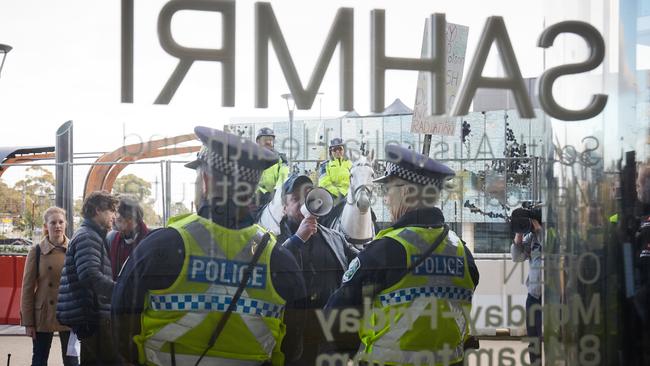
So what was it all about then?
To simply rubber stamp the Government’s agenda?
And, crucially, how much did the process cost?
What, too, was the point of an expensive, expert royal commission, chaired by former governor Rear-Admiral Kevin Scarce, if the plan was to then handball the whole thing to a jury of punters whose opinion the Government may end up dismissing anyway?
The Government, I think, was expecting the citizens’ jury to ratify a process that, to my mind, has been a fait accompli from the get go, even before the Premier rushed off for a photo opportunity ... sorry, fact-finding mission, to a high-level waste disposal facility in Finland.
If so, the whole thing has blown up in the Government’s face and the Premier — who in the past has said a project of this kind could not proceed without “broad community support” — has painted himself into a very uncomfortable corner.
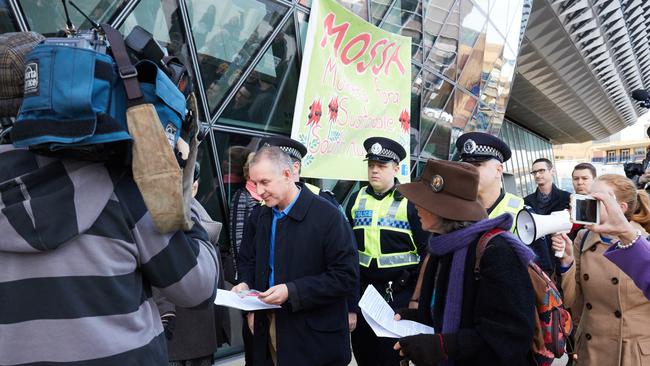
Pushing on with the plan necessarily means ignoring the will of the people, whom he promised to listen to as part of his Government’s determined bid to involve the public more in decision-making, yourSAy.
Abandoning it means burying the issue like so much nuclear waste — probably for another generation.
With all due respect to the no-doubt bright and well-intentioned members of the citizen’s jury, the nuclear question was always far too important to entrust to such a small cross-section of the community.
Was it even fair to burden them with such a vexed and weighty issue in the first place, even with guidance from Adelaide consultancy, democracyCo, and give them just a handful of weeks to examine the issue and reach a sound conclusion?
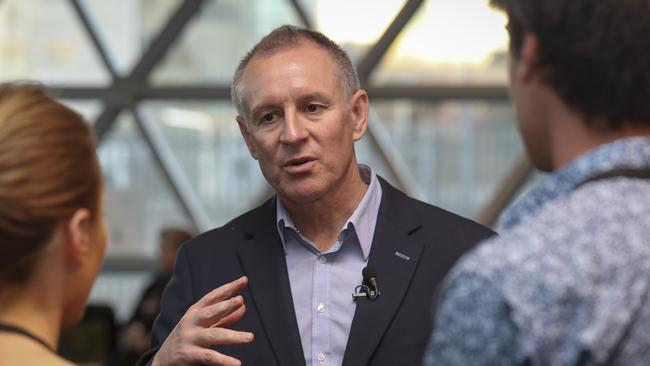
Opposition Leader Steven Marshall expressed his reservations about the process back in May.
“This is an enormously important decision for our state, not something we can outsource,” he said.
It’s hard to disagree.
Setting up a high-level nuclear waste dump in South Australia’s backyard is a decision that will affect every South Australian now and well into the future.
Weatherill had the guts to put the nuclear issue on the table.
Now he needs to show some backbone and put his leadership on the line by taking his ambitious policy agenda to the only focus group that matters — the next State Election.
I doubt he will but the jury’s still out
• Greg Barila is social media editor of The Advertiser


